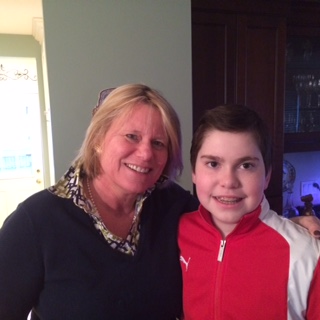
Today's interview features inspiring individual Courtney Dodd. Courtney is a conceptual artist living in Asheville, North Carolina. She earned an MFA from Virginia Commonwealth University, completed a two-year Core Fellowship at Penland School of Crafts, and has been honored with several artist residencies across the United States. She makes work that intimately explores the "psychological and emotional effects of shifting visual phenomena." In this interview, she shares the personal explorations of her own dyslexia story, as well as the advantages she experiences as an artist living and making with dyslexia.
Camp Spring Creek: Can you tell us when and how you first learned that you were dyslexic? How did this knowledge change your understanding of yourself and how you experience the world?
Courtney Dodd: I remember having to stay in during recess in preschool to practice tying knots. I was the only kid in my class that couldn’t tie my own shoes. Then, the challenge moved on to reading clocks. Far into elementary, it was difficult for me to read clocks and tell my right hand from my left. All of these are supposedly early signs of being dyslexic. I went to a private tutor for reading and memorized tricks for spelling. I thought of myself as trying to fit into a world that wasn’t personally, easily accessible.
Although I excelled at school, growing up I had a strong sense of embarrassment about my dyslexia. Handwritten notes were hidden and have long sense merged to spell-checked computer documents. But it has become apparent that anxiety is the true negative, rather than dyslexia, as the one thing that can hold me back. I learn and grow exponentially more when I am open, honest, and unafraid.
Being a dyslexic student has made be a better teacher. Being a dyslexic person has made me a more sympathetic friend. I am better in many ways for being dyslexic.
CSC: You make work that explores the duality of seeing and not seeing. We find that parallel with your dyslexia diagnosis fascinating, because so much of living with dyslexia has to do with "seeing" the world differently. Tell us a little bit more about the unique vision you bring to your work when you enter the studio--what is your goal, what is your desire, what is your attitude as you explore, etc.?
CD: An artist is essentially a filter for their environment. I absorb, filter and translate my surrounding atmosphere. My ultimate goal is to begin a thread of communication between my work and the viewer, which acts as a link between the audience and myself. In a fast-paced world, I hope to slow the tempo of the conversation and let the viewer marinate with my work. By searching for meaning in the artwork, we start an exchange between the work and the viewer, and back again—much like the washing of the ocean on the beach. There are no wrong answers, nor inaccurate translations. Just as in life, we each act as our own filters, deciphering the codes adjoining us.
Being dyslexic has at times been challenging, frustrating, and embarrassing. The complications of life are what help us understand ourselves more deeply and, most importantly, relate to those around us. Our happiest moments are always measured in relation to our most heartbreaking. There is forever a duality and paradox within the ebb and flow of life. Dyslexia is one of my struggles and yet, it is one of my accomplishments.
CSC: Your career has led to many successes--from artist residencies to solo exhibitions to teaching opportunities. Details and planning are sometimes a challenge for those gifted with what we like to call the "dyslexic advantage." Has this been your experience? If so, have any of your career successes presented you with challenges specific to dyslexia and how did you work with that?
CD: An artist has to constantly speak, write, and explain their work. Being dyslexic has at times proven difficult. I often hide my handwritten notes or journals because of my spelling and shorthand explanations. Some people misconstrue spelling mistakes or the confusion of numbers or letters as ignorance. Because I frequently jumble letters and numbers, I have a personal system of reviewing myself. Slowing down and checking and rechecking has become habitual. Calendars, electronic reminders, prompts, and apps all keep me on track and on-point for my goals, priorities, and schedules.
I often multitask between two different jobs during a day. I keep an electronic list of to-do notes and try to prepare all work before it is due to give time to make sure it is correct. Planning is helpful, preparation is constructive, but when I’m having a hard day and things aren’t lining up correctly in my mind, I find that patience with myself is most effective.
CSC: Tell us about what you are most excited about with regard to your artwork right now. What do you have coming up and what concepts are you exploring? How does that initial exploring begin for you--in your head, in a journal/sketchbook, in the studio, or something else?
CD: I am currently creating a body of work that revolves around the idea of seeing and the distortion of what is seen. I make blown glass filters, alter them by sanding their surface, and then take photographs through them. Water and condensation is also another media that I am taking images through. I consider myself a conceptual artist, which simply means that I am driven by my ideas. I begin with a thought and build from there. My material and form are shaped by my concept. Over time, my personal aesthetic has developed—but again, this has been shaped by my concepts and ideas.
The most fruitful moments in making for me have been during the creative process. I might have an idea, be working through a piece, or think I’m almost done. But there is an essential point, as an artist, that I have to be observant of during the development of a piece. This essential point is a selective and transient moment when an idea that originated in my head is transformed through working with my hands. This has the potential to become more than the original thought. This is the objective that I keep working towards; these ideas that are smarter than I am, that are a balance of thoughtfulness and hard work.
Courtney's work is driven by a genuine desire to explore the limits of what we see as it relates to what is actually there--both literally and metaphorically. What initiates doubt? What forms beliefs? How do we behave as a society if the act of revealing is simultaneously paired with the act of concealing? These are questions Courtney deeply considers, and some of her "answers" can be viewed here.



 Today's interview is with
Today's interview is with 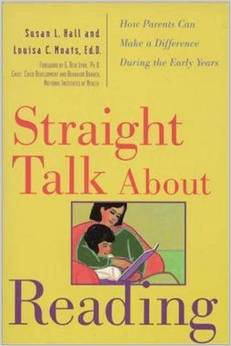 Today's book rec comes from Susie, whom you all know is a big believer in early intervention. While this book isn't designed specifically for children with dyslexia, it does detail accessible, easy-to-implement tips for basic reading and spelling skills that can compliment what your child experiences in school...and in some cases, may even help you identify early signs of dyslexia in your own child.
From
Today's book rec comes from Susie, whom you all know is a big believer in early intervention. While this book isn't designed specifically for children with dyslexia, it does detail accessible, easy-to-implement tips for basic reading and spelling skills that can compliment what your child experiences in school...and in some cases, may even help you identify early signs of dyslexia in your own child.
From 

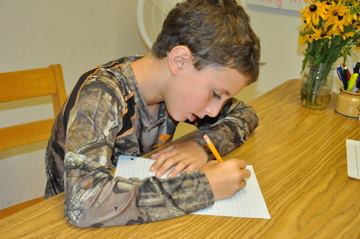 Ben’s full story is
Ben’s full story is 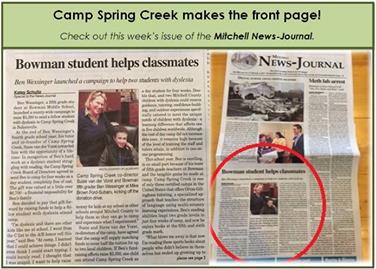 This feature article was originally published on the front page of the Mitchell County News. We've omitted the camper's last name and for this online version, but are delighted to share Ben's exciting news and support him in his
This feature article was originally published on the front page of the Mitchell County News. We've omitted the camper's last name and for this online version, but are delighted to share Ben's exciting news and support him in his 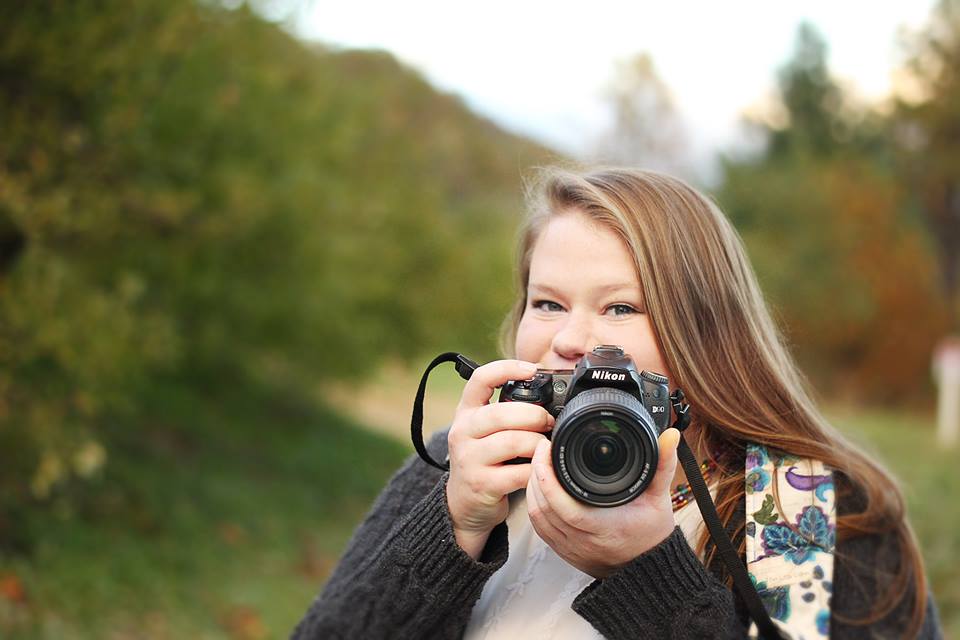 If you ever wondered what it's like to grow up at a summer camp, I am the perfect person to ask. Being the daughter of Susie and Steve, I have spent practically every summer of my existence tucked away in the mountains of North Carolina at Camp Spring Creek. When Camp Spring Creek was founded, I was only five years old and the campers seemed like giants to me. Since then, I have filled the role as camper, dishwasher, kitchen helper, art assistant, typing teacher, and--as of two summers ago--photographer.
If you ever wondered what it's like to grow up at a summer camp, I am the perfect person to ask. Being the daughter of Susie and Steve, I have spent practically every summer of my existence tucked away in the mountains of North Carolina at Camp Spring Creek. When Camp Spring Creek was founded, I was only five years old and the campers seemed like giants to me. Since then, I have filled the role as camper, dishwasher, kitchen helper, art assistant, typing teacher, and--as of two summers ago--photographer.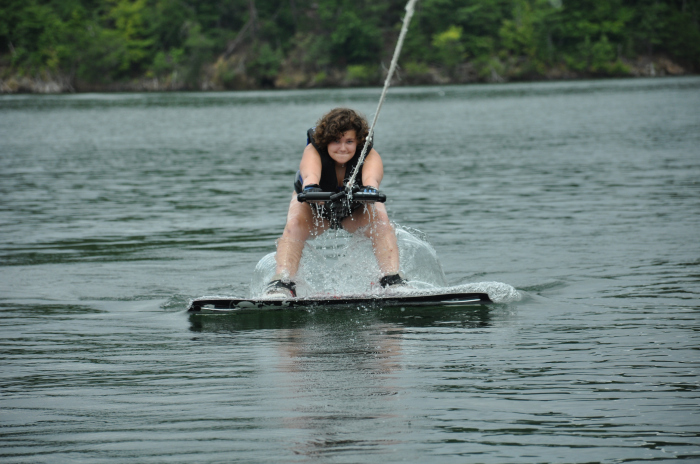


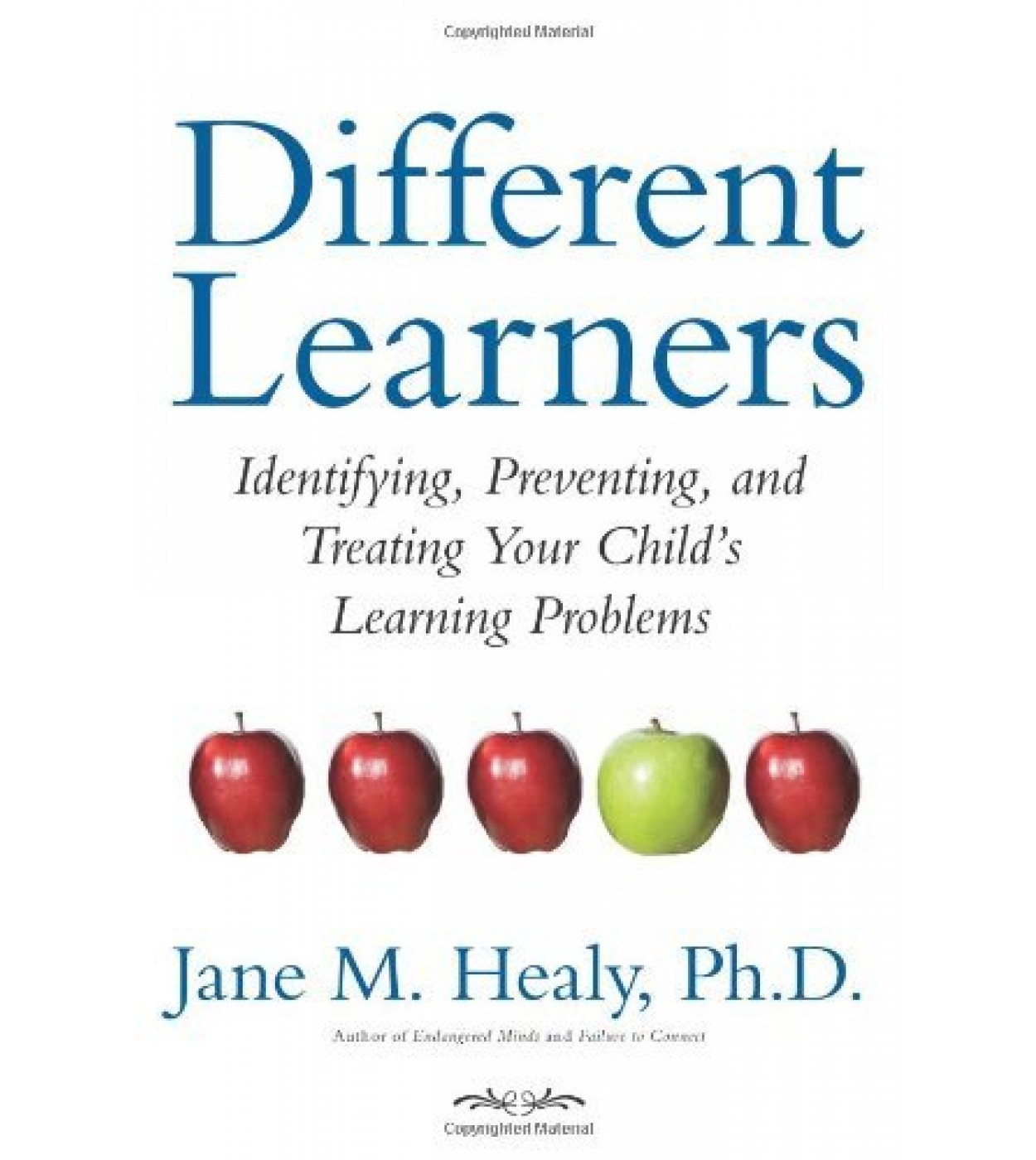 Part reference book, part testimonial, camp co-director Susie recommends the book
Part reference book, part testimonial, camp co-director Susie recommends the book 